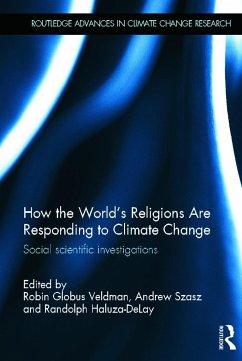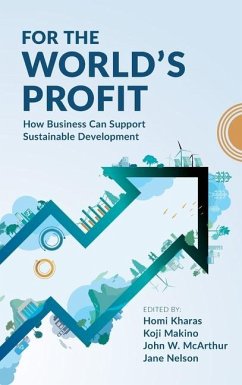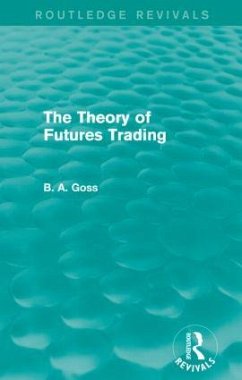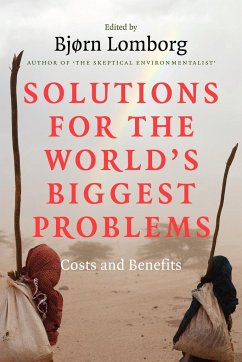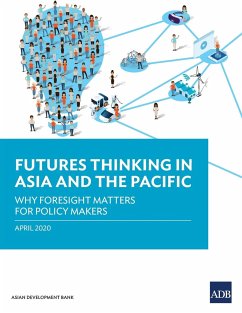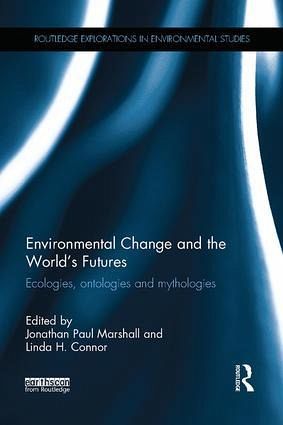
Environmental Change and the World's Futures
Ecologies, ontologies and mythologies
Herausgeber: Marshall, Jonathan Paul; Connor, Linda
Versandkostenfrei!
Versandfertig in 1-2 Wochen
59,99 €
inkl. MwSt.
Weitere Ausgaben:

PAYBACK Punkte
30 °P sammeln!
Climate change and ecological instability have the potential to disrupt human societies and their futures. Cultural, social and ethical life in all societies is directed towards a future that can never be observed, and never be directly acted upon, and yet is always interacting with us. Thinking and acting towards the future involves efforts of imagination that are linked to our sense of being in the world and the ecological pressures we experience. The three key ideas of this book - ecologies, ontologies and mythologies - help us understand the ways people in many different societies attempt ...
Climate change and ecological instability have the potential to disrupt human societies and their futures. Cultural, social and ethical life in all societies is directed towards a future that can never be observed, and never be directly acted upon, and yet is always interacting with us. Thinking and acting towards the future involves efforts of imagination that are linked to our sense of being in the world and the ecological pressures we experience. The three key ideas of this book - ecologies, ontologies and mythologies - help us understand the ways people in many different societies attempt to predict and shape their futures. Each chapter places a different emphasis on the linked domains of environmental change, embodied experience, myth and fantasy, politics, technology and intellectual reflection, in relation to imagined futures. The diverse geographic scope of the chapters includes rural Nepal, the islands of the Pacific Ocean, Sweden, coastal Scotland, North America, and remote, rural and urban Australia. This book will appeal to researchers and students in anthropology, sociology, environmental studies, cultural studies, psychology and politics.






